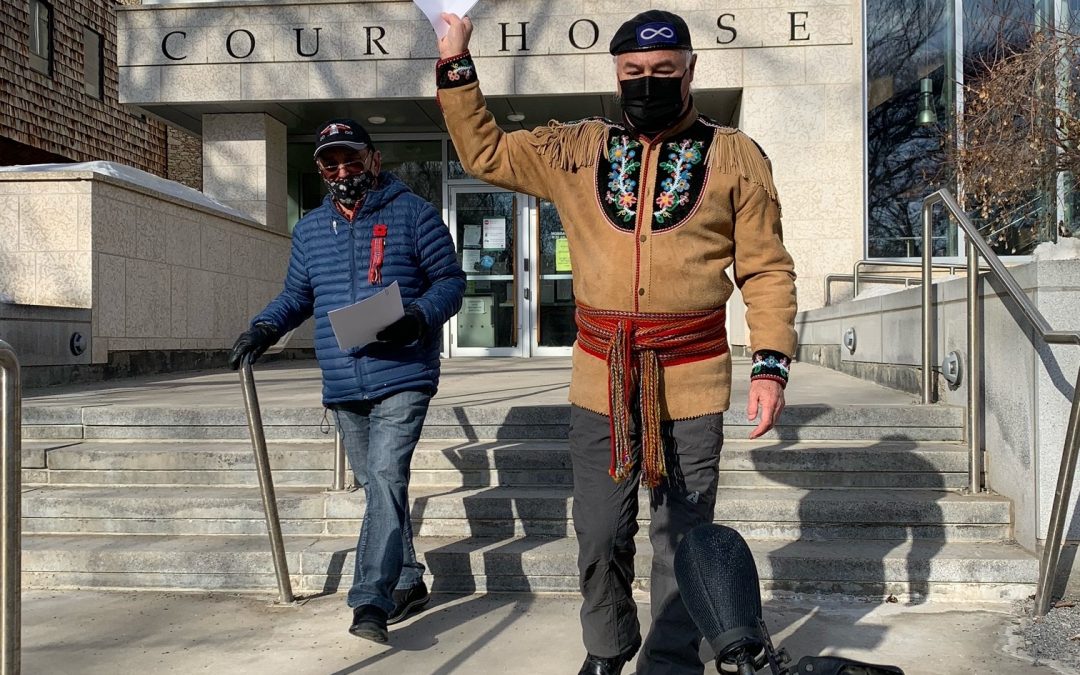Two former presidents say Metis Nation-Saskatchewan’s new election rules are unconstitutional.
The new rules require voters to be registered members of MN-S. A legal action filed by the former presidents on Thursday seeks to quash that, arguing each Métis person should be eligible to vote regardless of membership status.
“What we have is a step backward,” former president and Métis National Council President Clément Chartier said.
” (MN-S), if this is allowed to continue, is nothing more than a membership organization.”
That’s why he and former president Jim Durocher, who is also president of the A la Baie Métis Local of Ile à la Crosse, filed an application to Saskatoon Court of Queen’s Bench on Thursday to reverse the changes.
MN-S has declined to comment on the application. Its next election is slated for May 29.
The MN-S constitution guarantees the right to vote for every Métis person who is at least 16 years old. Thursday’s application for judicial review argues the constitution doesn’t require voters to be registered or to show proof of citizenship.
About 11,000 are registered and eligible to vote out of 80,000 Métis people in Saskatchewan, Chartier said.
Prior to the rule changes MN-S made on Feb. 20, unregistered voters could participate by signing a declaration saying that they were Métis, according to the application.
An amendment Durocher put forward aimed to push membership requirements back to 2025. But the Métis Nation Legislative Assembly didn’t place it on the agenda, and it never received a vote, according to the application.
The application argues that no constitutional amendment has been made to change voting eligibility. It also says some local presidents were unable to vote on the changes.
Chartier says the new rules run “roughshod” over the constitution. He wants an expedited court process so the changes are reversed before the election. With the current rules, Métis voters have until March 30 to register, a February MN-S news release said.
Chartier said he wants voters to try casting ballots regardless of how the court rules, although he stands by the legal challenge aiming to cut registration requirements.
“Legislation that violates the constitution is struck down.”
